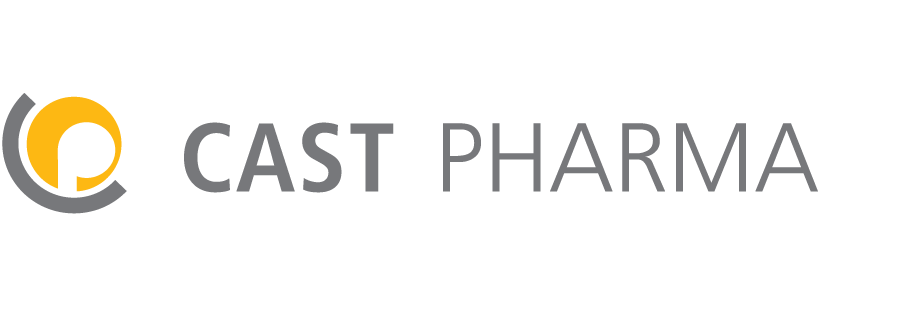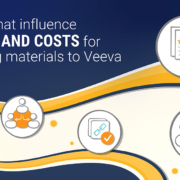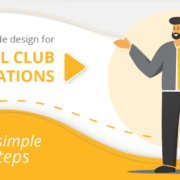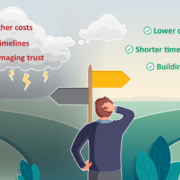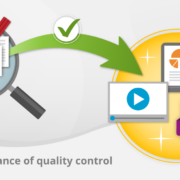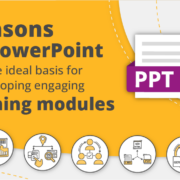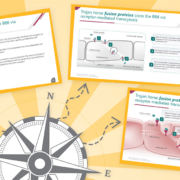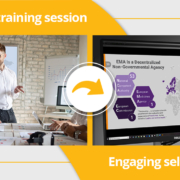How to write assessment questions for medical affairs training that prepare your team for the field
How do you prepare your medical affairs team for working in the field and at congresses? Without a doubt, much of their time will be spent learning about clinical trials and the evidence they have generated. Read more
